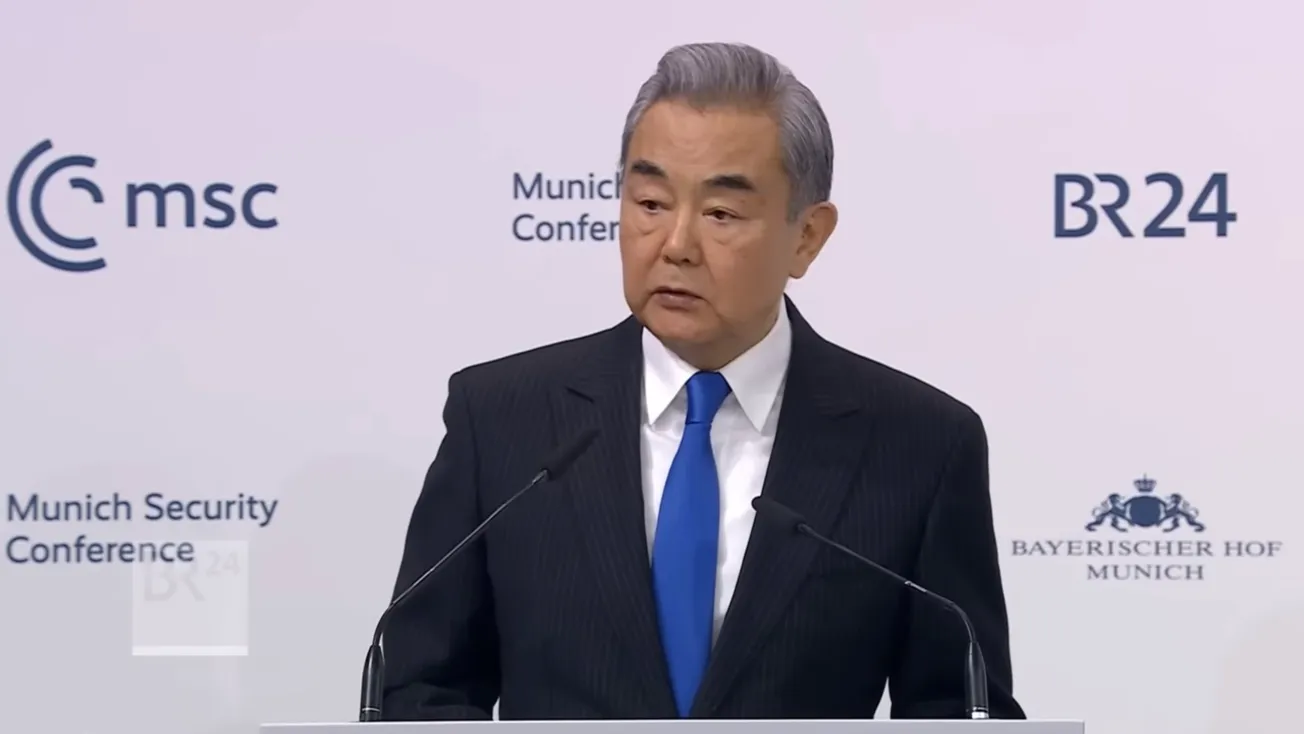The green current of the German Social Democrats, “Climate Network,” rejects the agreement with the Christian Democrats on a new government coalition, stating in an open letter:
“The coalition agreement between the CDU/CSU and SPD falls short of what is needed for a socially just climate policy. At a time of increasing climate crisis, the coalition continues to rely on fossil fuel technologies instead of pursuing a clear course towards climate neutrality. Social compensation measures such as climate money are missing, while burdens on people with low incomes are increasing. The agreement ignores the Paris climate goals, weakens existing laws and contains neither a clear strategy for decarbonization nor a vision for a just future based on solidarity.
“We call for renegotiations with the aim of abolishing fossil fuel subsidies, ensuring social justice and taking more responsibility for climate policy.”
Whereas this stated opposition is relevant for the ongoing SPD membership referendum which will conclude next Tuesday, April 29, and most likely will not prevent 50% of party members voting for the agreement, it implies the possibility that Climate Network members who are also Bundestag members may vote against the planned Chancellorship of CDU leader Friedrich Merz in the vote on May 5.
Already the youth organization of the SPD has declared to vote against the agreement, as not favorable enough to the minimum wage increase, to social and welfare issues, which does imply as well they will also vote against Merz in the May 5 vote. Significant is also, though not in large numbers, opposition inside the SPD from the “Eppler Circle” of party members that still stick to the concept of detente and cooperation with Russia, as practised in the 1970s Ostpolitik of Erhard Eppler, and therefore vehemently oppose Merz’s plan to deliver the Taurus cruise missile to Ukraine.
As Merz is also facing opposition particularly from the youth organization of the CDU, he may not get enough votes, therefore. And if he does get the votes, his government is not on solid ground, with that inner-coalition opposition.



